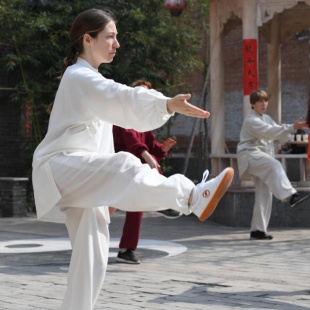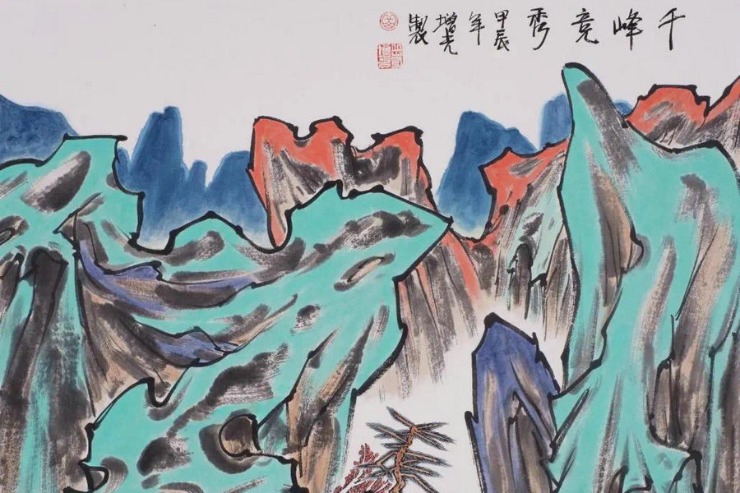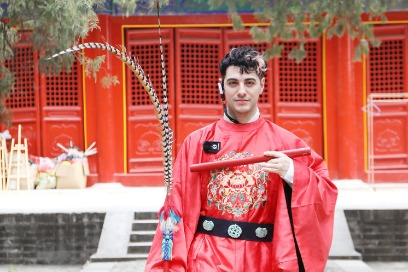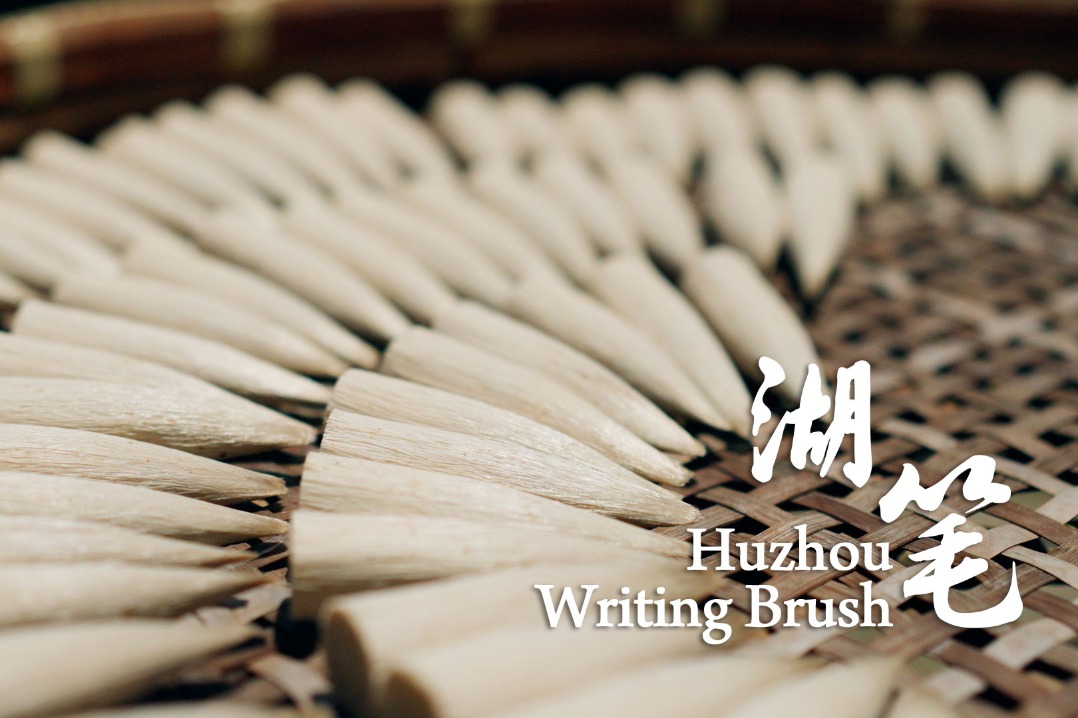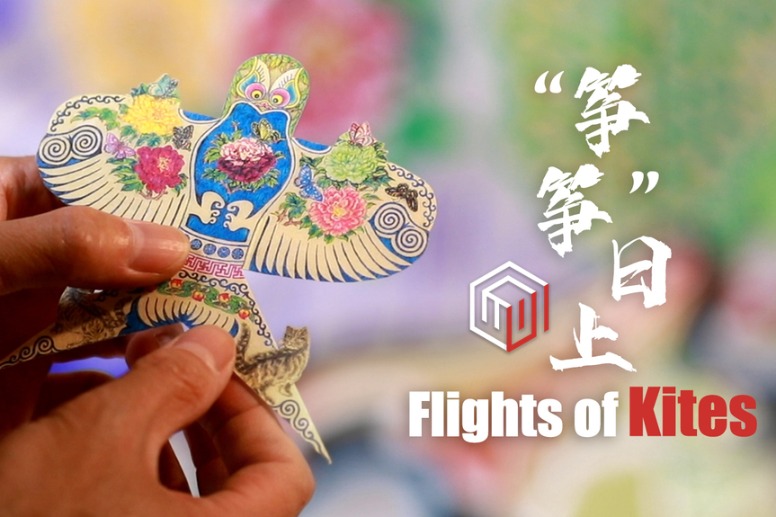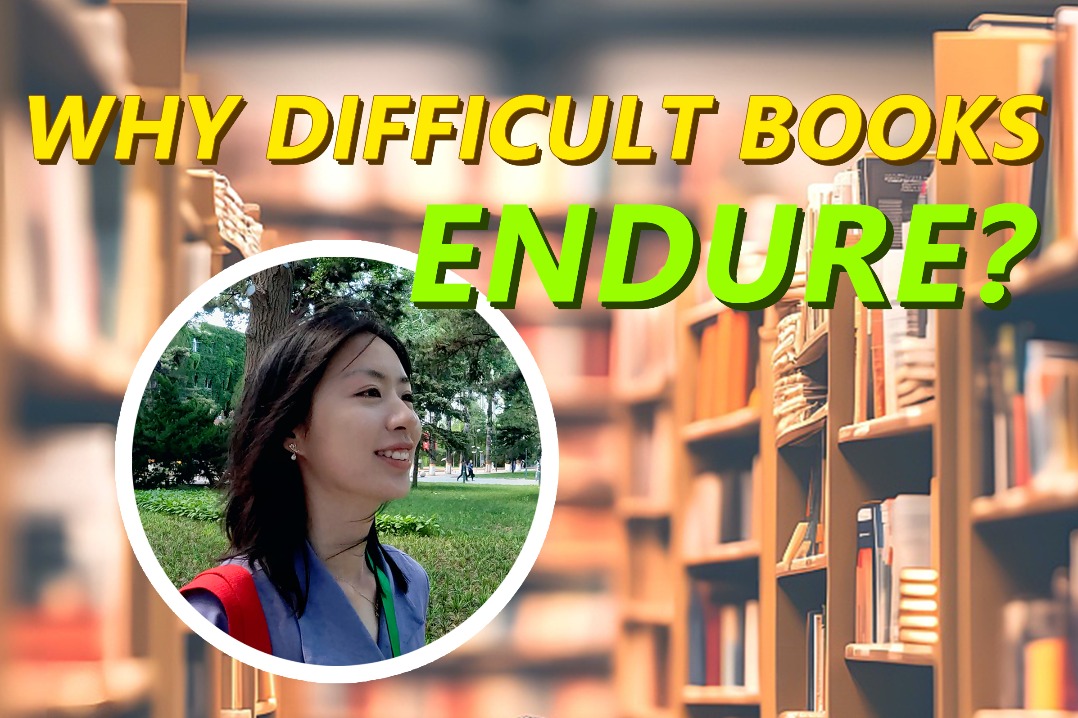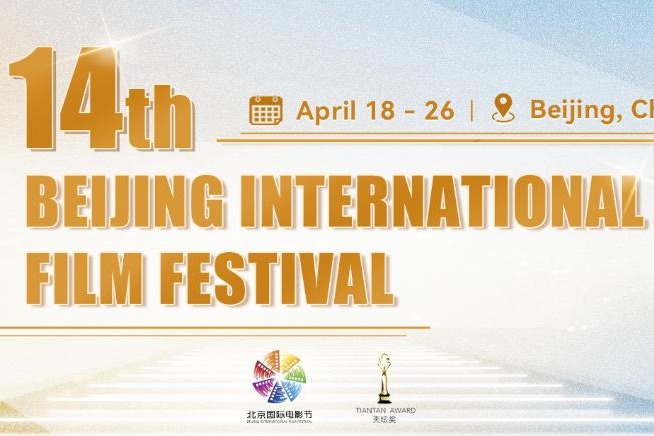French martial arts enthusiasts get a kick out of China experience

GUIYANG — With sunlight glinting on the leaves of trees and the running water in a brook at the world heritage site of Mount Fanjingshan, 62-year-old Yves Perrin sat beside the water wearing tai chi clothes, practicing traditional qigong breathing exercises.
Despite his Western features, Perrin blended in with the surrounding environment of this famous Taoist mountain, and exercised as he always does in his home country of France.
Between April 7 and 19, a group of 50 French martial arts enthusiasts visited Guizhou province to practice tai chi and qigong with their teacher Ke Wen, the founder of the Les Temps du Corps, an association that teaches energy techniques and Chinese culture in Paris.
Driven to improve his health, Perrin has been learning qigong for 15 years and tai chi for 10, and partakes in the traditional Chinese practices for between 10 minutes to an hour every day.
"They have become a part of my life," he says.
To master more skills, Perrin studied under Chinese teachers and visited a rehabilitation center for qigong teaching, research and therapy at the Beidaihe coastal resort in 2015.
"Qigong and tai chi help me take care of my emotions and become more peaceful. It's an excellent technique," Perrin says.
Perrin also gives lessons and shares his knowledge of qigong and tai chi with his compatriots. "I love Chinese culture, and I hope it can help more people," he says.
In 2020, tai chi was inscribed on the Representative List of the Intangible Cultural Heritage of Humanity by UNESCO.
A traditional Chinese martial art, tai chi has spread to more than 150 countries and regions, and has more than 100 million practitioners.
Anne-line Loygue Quellien, 39, learned tai chi from her father, a martial arts enthusiast who visited China to learn the technique and now runs a health center in northern France for massage rehabilitation therapy, as well as tai chi and qigong.
Quellien says that she has a strong affection for China and its traditional culture. When she was sick, her father would treat her with guasha — a traditional Chinese scraping technique to relieve pain.
With nearly 30 years spent studying wu qin xi (five-animal boxing) and 20 years studying tai chi and qigong, Quellien has made promoting Chinese culture her career since 2010. At present, she is mainly in charge of the tai chi lessons at the health center.
"Tai chi and qigong help me connect with other people and find the true meaning of life by feeling at one with myself. They also serve as a bridge for communication between the East and the West," says Quellien.
Ke has taught tai chi and qigong in France for the past 30 years and has accompanied more than 12,000 French martial arts enthusiasts to China.
"This trip strengthened the cultural exchange between China and France and deepened the friendship between the French people and the people of Guizhou. We'll share the beautiful experience in China with France, Europe and the world," Ke says.
Xinhua


